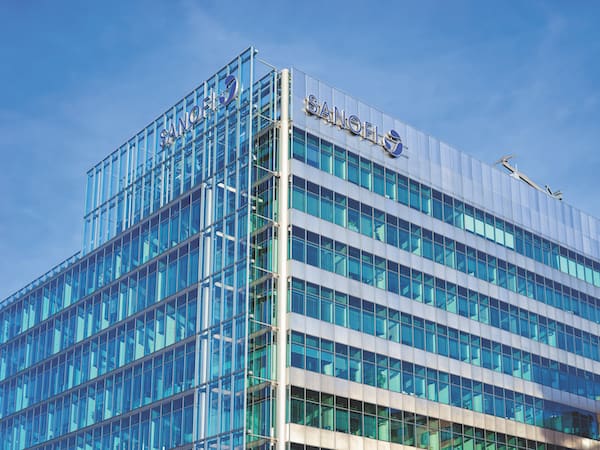
Paris-based Sanofi has announced positive interim results from its phase 1/2 study of its messenger RNA (mRNA) COVID-19 vaccine but has decided not to pursue the candidate into phase 3.
The company cited public health needs and “sufficient” supply of mRNA COVID-19 vaccines as reasons for its decision to abandon its clinical development programme.
Initial data from the phase 1/2 trial showed seroconversion of neutralising antibodies in 91-100% of study participants two weeks after a second injection in all three dosages, with no safety concerns reported.
The data “confirms the potential” of the mRNA and lipid nanoparticle platform Sanofi acquired from Translate Bio, and also “supports Sanofi’s mRNA strategy”, said the company.
However, it will now focus its resources in its new mRNA centre of excellence “to address future pandemics and other infectious diseases and therapeutics where there is a strong unmet need”.
“These results will clearly help inform the path forward for our mRNA development programmes,” said global R&D chief at Sanofi Pasteur, Jean-Francois Toussaint. “Today, we have a promising mRNA platform, which we’re taking to the next level in development, including moving to modified mRNA, and against other diseases, including flu.”
In June, Sanofi launched a phase 1 trial evaluating an mRNA-based seasonal influenza vaccine targeting the A/H3N2 strain of the influenza virus across two formulations (MRT5400 and MRT5401) with different lipid nanoparticles.
The company also “continues its efforts in the fight against the COVID-19 pandemic” by focusing on its partnership with GSK with an adjuvanted recombinant protein candidate vaccine, which is currently in a phase 3 efficacy and safety study.
Sanofi has also expanded the development programme for the vaccine with a booster study “to address evolving public health needs” after preclinical data showed its potential to “strongly boost immune responses” following primary vaccination. First results are expected by the end of the year.
The partnership with GSK sees Sanofi providing the recombinant antigen and GSK its pandemic adjuvant, both established vaccine platforms that have proven successful against influenza. The clinical programme is supported by funding from the US Department of Health and Human Services and the US Department of Defense.




